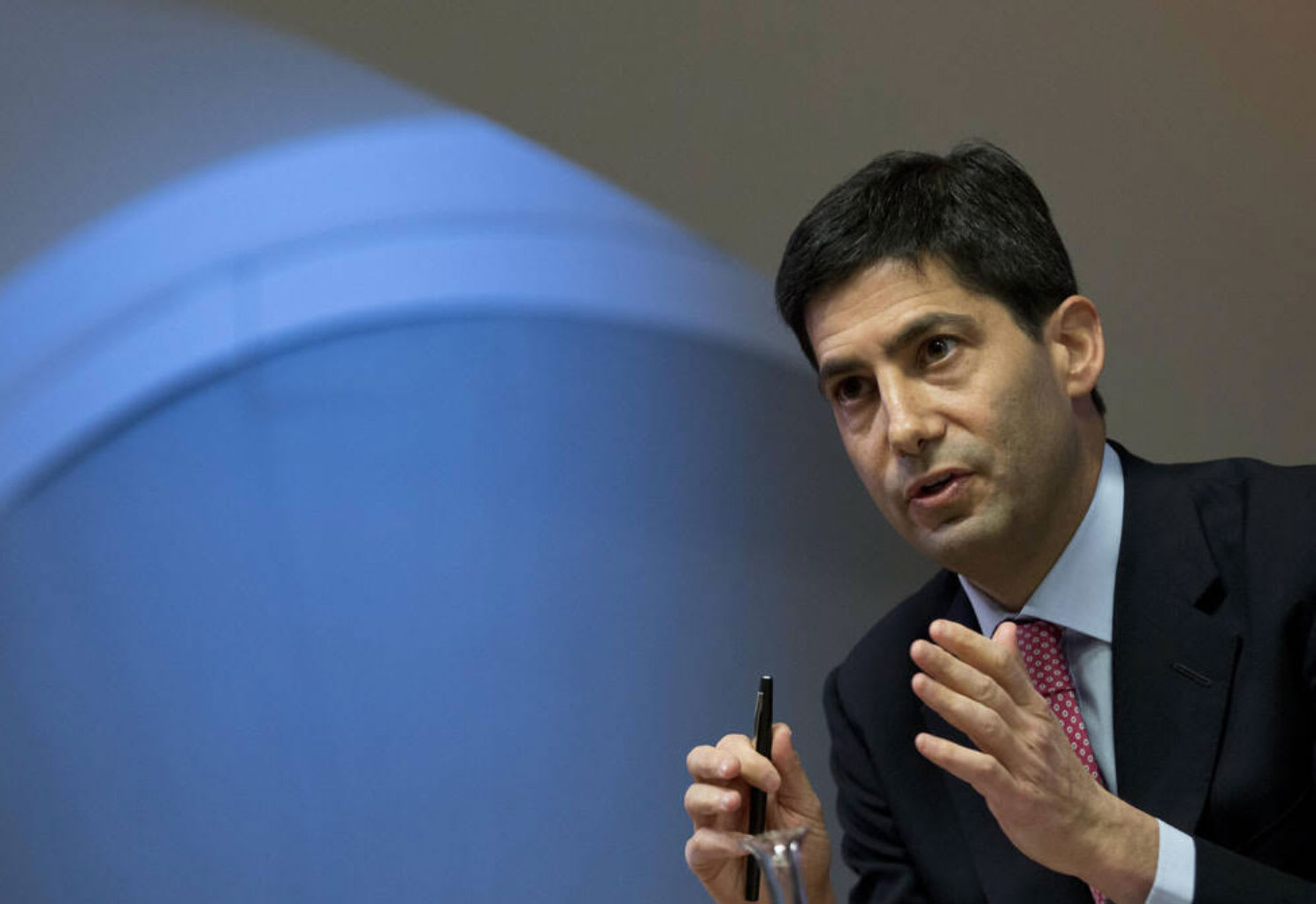Should you open a short-term CD now? What experts say
In the post-pandemic era, certificate of deposit (CD) interest rates soared with many offering rates above 5%. These rates, which were the highest in years, were prompted by multiple increases in the benchmark interest rate as part of the Federal Reserve's inflation-fighting efforts.
Since CDs allow investors to lock in those high rates, investors flocked to them even as savings account rates also increased -- despite the fact CDs require you to lock up money and penalize early withdrawals.
Conditions are changing, though. As the Federal Reserve has cut interest rates, CD rates have also started to fall. While it's still possible to get a CD at a good rate, yields are declining and this trend could accelerate as the Fed has hinted more rate cuts are coming. This has many investors wondering whether it's still worth investing in a short-term CD right now. Below, we'll break down what you need to know to help you decide.
See how much more you could be earning on your money with a top CD here.
Should you open a short-term CD now?
Short-term CDs are generally defined as those with a term (or length) of a year or less. While short-term CD rates are down off recent highs and expected to fall further, there are still good opportunities for investors to find products with competitive yields.
"Six-month fixed-rate non-callable CDs are yielding roughly 4.5% right now, which is still relatively high by recent standards," explains Gary Quinzel, Vice President of Portfolio Consulting at Wealth Enhancement Group. "CDs still make sense as a cash proxy for individuals with short-term liquidity needs."
One benefit of CDs versus high-yield savings accounts is that your rate is locked in, or guaranteed for the duration of the CD term. If you open a 6-month CD today, you'll keep that rate until the CD matures. Savings accounts and money market accounts have variable rates, so rates are likely to decline within six months as experts predict an additional rate cut of 25 basis points as early as the Fed's November meeting.
"We are in an environment where interest rates are likely to decrease twice more by the Fed by the end of 2024," advises Domenick D'Andrea, AIF, CRC, CPFA, financial advisor and co-founder of DanDarah Wealth Management. "If you're looking for a place to invest emergency money, then short-term CDs are still a great option. With rates decreasing, they should pay higher rates than money market accounts."
October could also present one of your last opportunities for the foreseeable future to enjoy today's ultra-competitive yields on these FDIC-insured, low-risk investments.
"The rate of return on short-term CDs tends to mirror the federal funds rate quite closely," according to Jonathan Ernest, an economics professor at Case Western Reserve University. "With expectations for the Fed to continue cutting rates at their November meeting and in subsequent meetings stretching into 2025, we can expect that rates of return on certificates of deposit will fall as well."
Get started with a top-rate CD before that happens now.
If you have money to tie up for longer periods, look elsewhere
While short-term CDs are a good option if you want to maximize yields on money you want to keep relatively accessible, there may be other, better choices for funds you're looking to invest over a longer time horizon. That's especially true as buying short-term CDs today could leave you with fewer good options in the coming months when your CD matures.
"Rates are set to go down in six months so any investor will be forced to reinvest the proceeds at what almost certainly will be lower yield," warned Quinzel. "Instead, investors should look at fixed-income securities with longer maturities to lock in yields before they go down. For example, investors can purchase a 10-year treasury that yields just over 4% and won't have reinvestment risk until the year 2034."
Ernest also stresses the importance of considering the opportunity cost of investing in CDs versus other investments offering potentially higher yields over the long term. "Remember, you always want to consider how putting dollars into a CD compares with expected returns and the amount of risk faced from other investment options," he says.
While CDs are very low risk, returns are limited. An S&P 500 index fund comes with a greater chance of loss but also has a consistent track record of producing 10% average annual returns over the long term. If you have an investing timeline spanning five or more years, you may want to take on the added risk to double your potential ROI compared with short-term CDs.
"Ultimately it is important to look at what is the purpose of the dollars to see if short-term CDs work best for your situation," D'Andrea says. By evaluating the risks and potential rewards of CDs, treasuries, savings and money market accounts, and equities, you can make the most informed choice about where your money should go.




